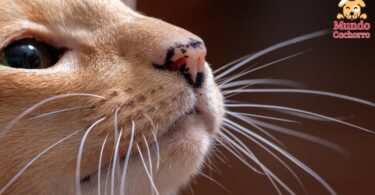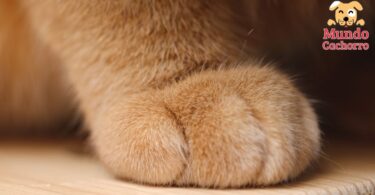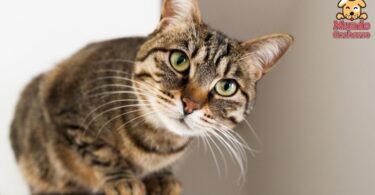If you are thinking about preparing food for your cat, there are some considerations you should take into account. Certainly, homemade cat food has the undoubted benefit that you will know without a doubt what your kitty is eating. But, the drawbacks could start if the food does not have all the nutrients your cat needs to stay in good health.
Indice
Advantages of home feeding in cats
- Enjoy nutrient-rich and fresh foods. Fresh food can be very beneficial for your cat, and even provide higher levels of vitamins and minerals.
- It may be more economical. On a tight budget, preparing your cat’s food can have an economic benefit. In general, homemade food is usually cheaper than purchased food.
- Greater control. By preparing it at home, you can make sure that you avoid ingredients that can affect your cat’s health, such as preservatives and colorants. You can also add lean meats, fish, fresh vegetables and fruits to their diet.
- Improve health. Home feeding in cats could prevent some health problems such as food allergies. Other diseases such as obesity and digestive problems could also be avoided.
Disadvantages
- Lack of nutrients. Cats need a diet containing specific amounts of proteins, fats, vitamins and minerals. Home feeding may run the risk of not providing everything needed. Of course, this can happen due to lack of knowledge. In this case, it pays to be properly informed about everything you need before embarking on this type of diet.
- More time. The preparation of homemade food can take some time. That is, you must have time available both to purchase the ingredients and to prepare them properly and in the quantities your kitten requires.
- Difficulty to administer. Another problem associated with this type of diet is that you may have trouble knowing the right amounts. In prepared foods the quantities are already measured, but in homemade foods you will have to take into account other aspects.
- Harmful foods. There are some foods that you could give your cat by mistake. For example, onions, garlic, nuts and very salty foods should be avoided because they can be detrimental to your cat’s health.
Learn before you start
In any case, the best thing to do is to find out what nutrients your cat needs on a daily basis. From there you can start planning your cat’s meals. This involves the purchase of the ingredients, as well as their preparation. Of course, you will also have to take into account the right amounts your cat should receive and the frequency with which you will be able to give it one or the other food.
A good idea before starting this is to consult your veterinarian. This professional will be able to recommend the best homemade diet for your kitten. In addition, in many cases, he will even be able to tell you different recipes for cat food.
Image courtesy of https://pixabay.com, all rights reserved.







